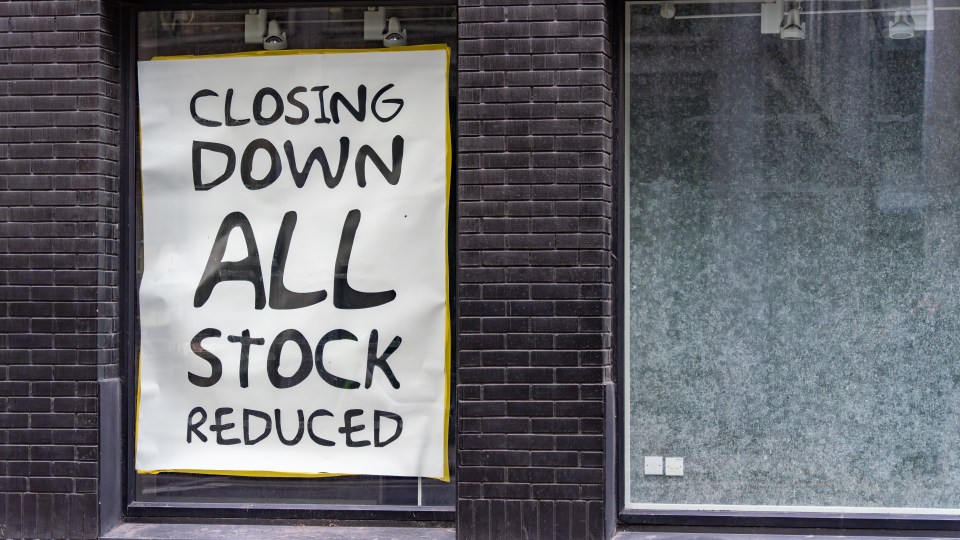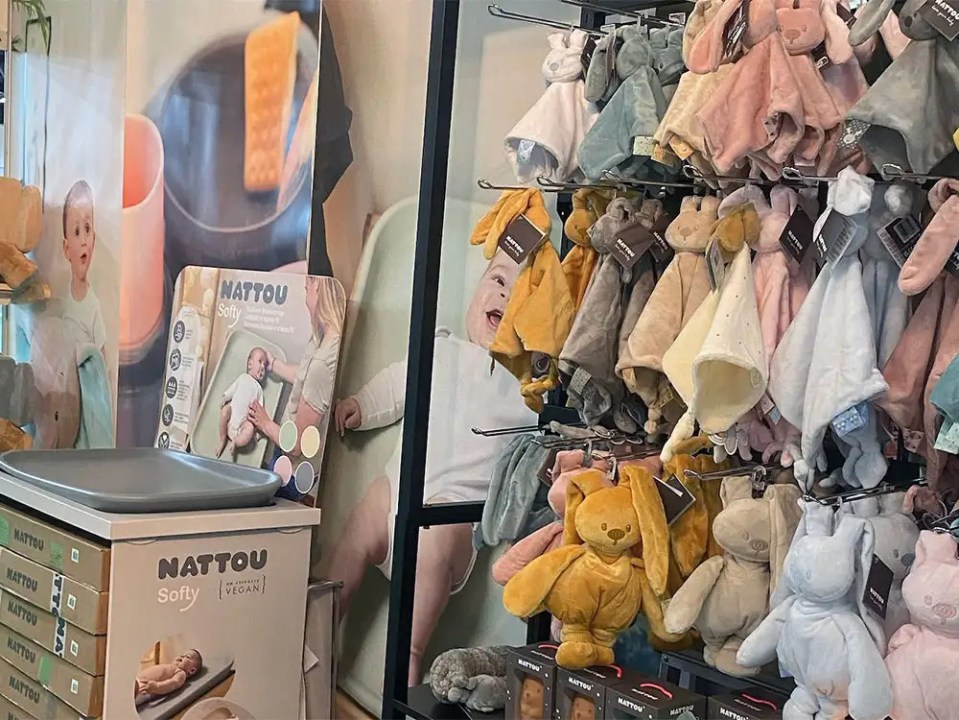A POPULAR baby product brand is set to shut an “absolute gem” of a store after 43 years of trading.
The business has been catering for tots for nearly half a century but the shop has announced a shock closure.
Paul Stride in Kathryn Avenue at Monks Cross, York, will no longer serve new parents.
Tragically the owner Kevin Clarkson, 61, has taken an early retirement due to illness – otherwise he said he would have stayed.
He was diagnosed in February and will be closing the beloved store at the end of this month.
Kevin told YorkMix: “I’ve been diagnosed with an illness, and my consultant says I have to give up work – so it wasn’t planned, I’d still be here otherwise.
“I enjoy it. I have always enjoyed it. That’s why I stuck with it, it’s a nice business to be in. You meet a lot of nice people at a nice time of their life, an exciting time of life, and we’re very lucky.
“We’ve done it long enough that we see people who they came in as pregnant, and now they’ve been coming back to me as grandparents to be.”
Paul Stride sold a range of items from safety equipment, prams, and pyjamas to feeding tools and toys.
Now the iconic store is holding a showroom clearance sale where new parents can grab big discounts on stock.
Loyal customers were gutted to hear about the closure, which was announced on Facebook on March 31.
Shoppers flocked to the comments to share their disappointment and sympathies with Kevin.
One said: “Really sorry to hear this.
“We got our first pram from Paul Stride, 20 years ago now. I remember what a lovely experience shopping with you was.”
Another added: “So sorry to hear this.
“We have bought all our prams and car seats from you, and your advice was crucial in enabling us to keep our daughter as safe as possible.”
A third shopper shared: “We’ll miss you guys!
“Thanks for all the help over the years, your store, level of expertise and commitment to service have been a real inspiration to us.”
Kevin said he was touched by the heartfelt comments and will remain positive as he enters retirement.
The passionate shop owner plans to have lots of quality family time now he’s not working.
WHY ARE RETAILERS CLOSING SHOPS
The Sun’s business editor Ashley Armstrong explained that, in many cases, retailers are shutting stores because they are no longer the money-makers they once were because of the rise of online shopping.
Falling store sales and rising staff costs have made it even more expensive for shops to stay open.
The British Retail Consortium has predicted that the Treasury’s hike to employer NICs from April 2025, will cost the retail sector £2.3billion.
At the same time, the minimum wage will rise to £12.21 an hour from April, and the minimum wage for people aged 18-20 will rise to £10 an hour, an increase of £1.40.
In some cases, retailers are shutting a store and reopening a new shop at the other end of a high street to reflect how a town has changed.
The problem is that when a big shop closes, footfall falls across the local high street, which puts more shops at risk of closing.
Retail parks are increasingly popular with shoppers, who want to be able to get easy, free parking at a time when local councils have hiked parking charges in towns.
Many retailers including Next and Marks & Spencer have been shutting stores on the high street and taking bigger stores in better-performing retail parks instead.
In some cases, stores have been shut when a retailer goes bust, as in the case of Carpetright, Debenhams, Dorothy Perkins, Paperchase, Ted Baker, The Body Shop, Topshop and Wilko to name a few.
What’s increasingly common is when a chain goes bust a rival retailer or private equity firm snaps up the intellectual property rights so they can own the brand and sell it online.
They may go on to open a handful of stores if there is customer demand, but there are rarely ever as many stores or in the same places.
The Centre for Retail Research (CRR) has warned that around 17,350 retail sites are expected to shut down this year.
RETAIL PAIN IN 2025
The British Retail Consortium has predicted that the Treasury’s hike to employer NICs will cost the retail sector £2.3billion.
Research by the British Chambers of Commerce shows that more than half of companies plan to raise prices by early April.
A survey of more than 4,800 firms found that 55% expect prices to increase in the next three months, up from 39% in a similar poll conducted in the latter half of 2024.
Three-quarters of companies cited the cost of employing people as their primary financial pressure.
The Centre for Retail Research (CRR) has also warned that around 17,350 retail sites are expected to shut down this year.
It comes on the back of a tough 2024 when 13,000 shops closed their doors for good, already a 28% increase on the previous year.
Professor Joshua Bamfield, director of the CRR said: “The results for 2024 show that although the outcomes for store closures overall were not as poor as in either 2020 or 2022, they are still disconcerting, with worse set to come in 2025.”
Professor Bamfield has also warned of a bleak outlook for 2025, predicting that as many as 202,000 jobs could be lost in the sector.
“By increasing both the costs of running stores and the costs on each consumer’s household it is highly likely that we will see retail job losses eclipse the height of the pandemic in 2020.”

